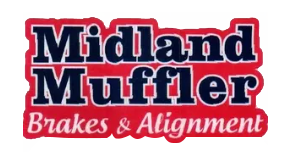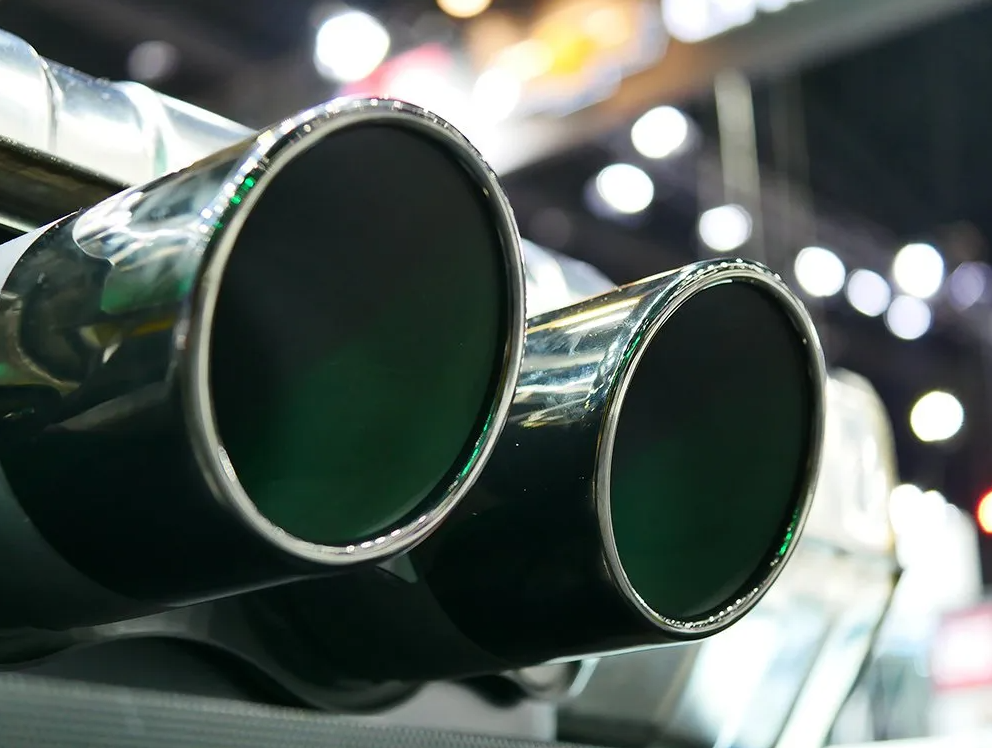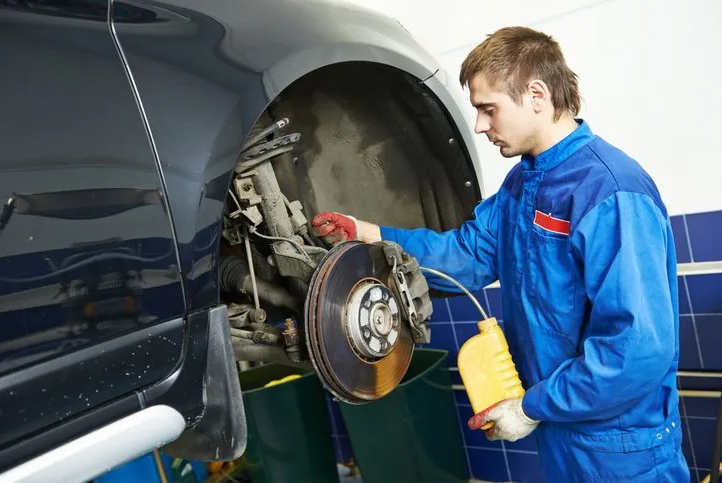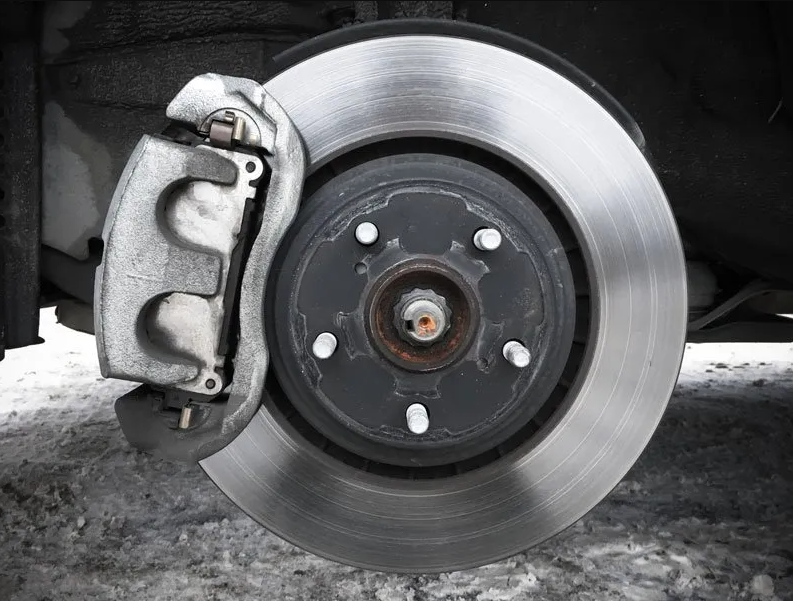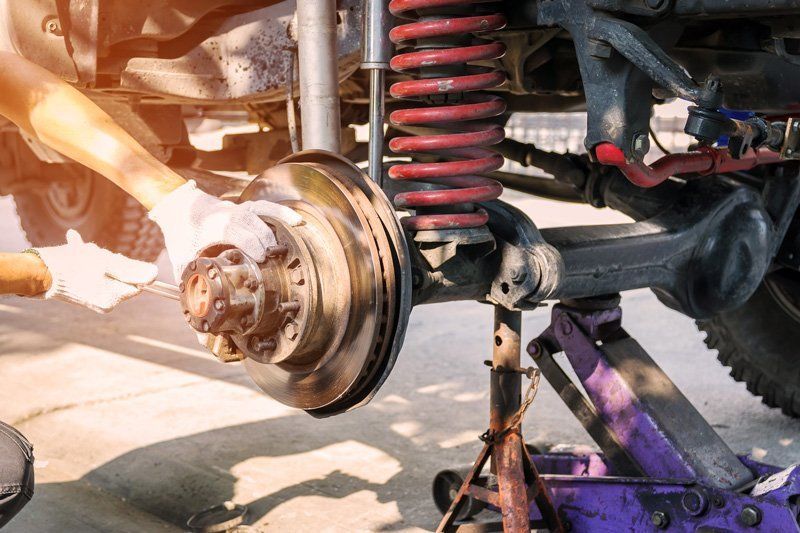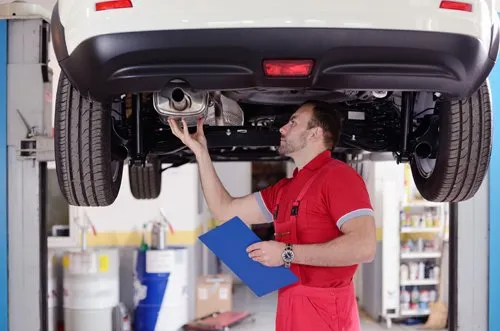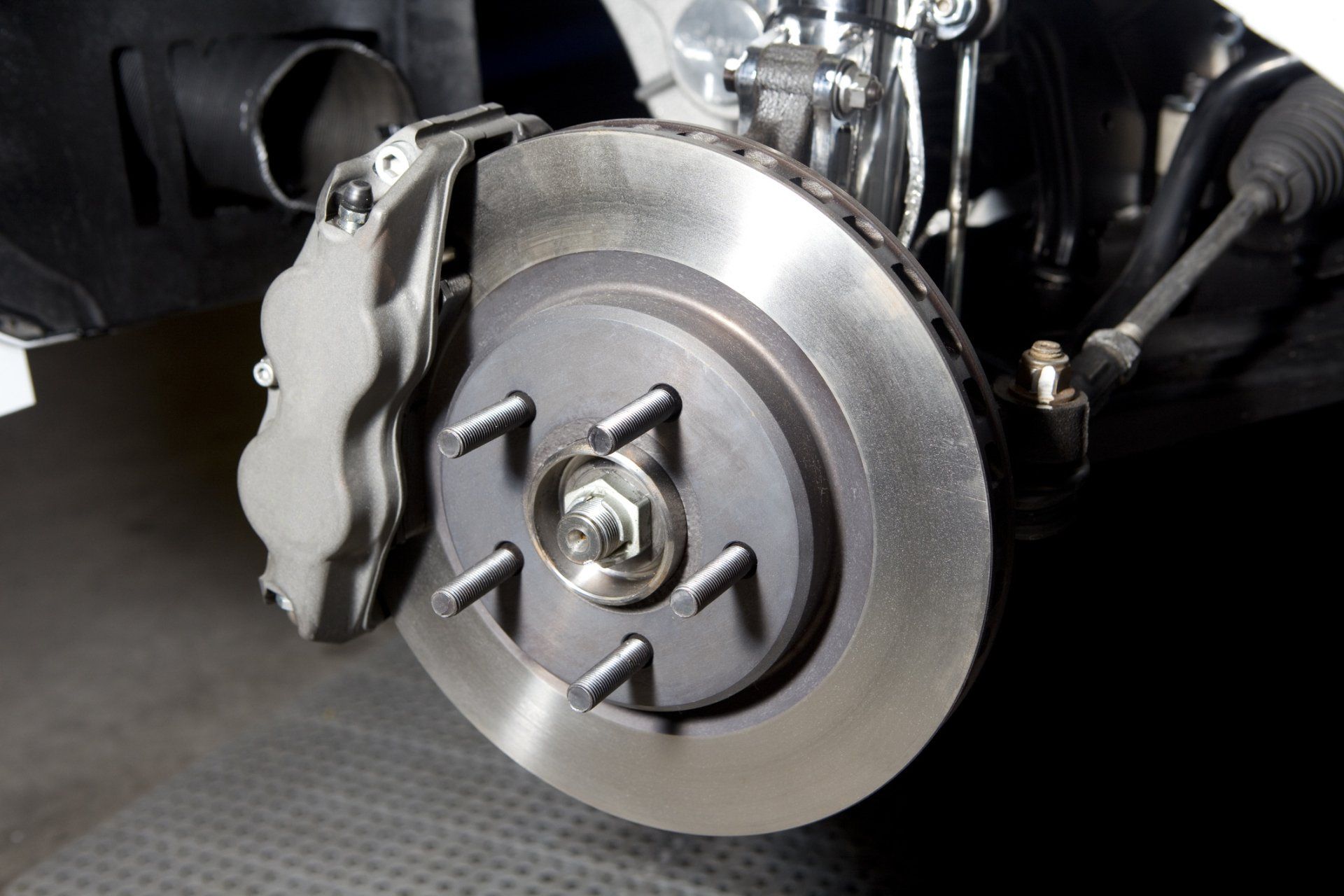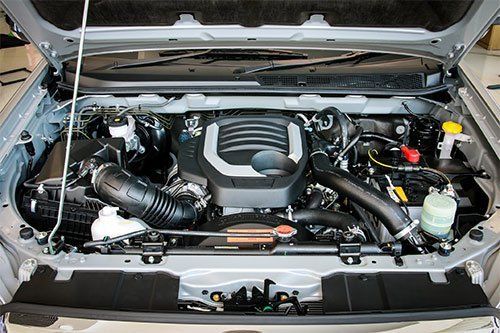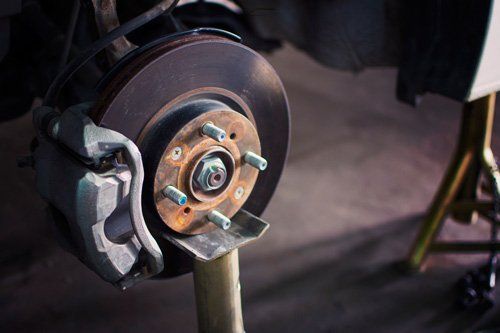3 Key Signs of a Leaky Exhaust Manifold
The purpose of your car's exhaust system couldn't be much simpler: to carry exhaust gases out of the engine. Yet a car needs a surprising number of components to perform this seemingly basic task. Such components include the muffler, the catalytic converter, a series of pipes, and the part known as the exhaust manifold.
The exhaust manifold holds a unique position, being both one of the most important parts of an exhaust system as well as one of the least understood. This critical component acts as the point of attachment between your engine and the rest of the exhaust system. The manifold consists of multiple tubes, each of which attaches to one of your engine's cylinders.
These tubes quickly funnel together into a single pipe that leads exhaust gases into the rest of your exhaust system. The heavy-duty nature of exhaust manifolds - most are made of either stamped steel or cast iron - helps to make them durable. Yet problems can still ensue over time, with leaks chief among them.
This article will expand your automotive troubleshooting knowledge by outlining three key signs that you may be suffering from a leaky exhaust manifold.
1. Excessive Noise
One key goal of a well-working exhaust system involves dampening the loud noises produced by your engine's combustion. For the most part, this task falls on the aptly-named muffler, which acts as a silencer for your exhaust system. Everybody knows what an earsore a car with a bad or missing muffler can be.
Yet even an automobile equipped with a structurally sound muffler can suffer from excessive exhaust noises. A manifold that has either worked loose or become cracked allows exhaust to escape far from the muffler. Likewise, if the metal gasket that sits between the manifold and the engine becomes damaged, an exhaust leak - and its attendant sounds - may occur.
The sounds produced by this leaking exhaust can vary from a hissing, to a tapping, to the sort of roar or rumble you would associate with a bad muffler. Regardless, the sounds will grow noticeably louder when you rev the engine. Consult a professional mechanic as soon as possible because this sound also means your car is pumping unhealthy levels of exhaust fumes out into the air.
2. Reduced Engine Power
A damaged exhaust manifold also often has a negative effect on the performance of your car. By breaking the exhaust system's seal, any sort of manifold leak will slow down the necessary flow of exhaust out of your car. As exhaust backs up, your engine will have a hard time generating its usual level of power.
Simply put, a leaky exhaust manifold will cause your engine to begin choking on its own exhaust. You will likely notice that your car doesn't respond as usual when you give it gas. Over the long term, you may also find your fuel costs rising due to increased inefficiency.
3. Inaccurate Oxygen Sensor Readings
Most modern cars come equipped with oxygen sensors that deliver key information about the fuel-air ratio in your engine. These sensors can be found either inside of the exhaust manifold or in the pipes directly behind it. They measure the amounts of oxygen remaining in your exhaust. This data provides useful in determining the efficiency of your engine.
A leaky manifold will skew the readings of your oxygen sensors. In some cases, this may cause your car's computer to alter your engine's air settings. This kind of incorrect adjustment can further reduce your fuel economy while exacerbating any existing performance problems.
The more you know about recognizing exhaust manifold leaks, the sooner you'll be able to have the problem corrected. For more information, please contact the auto exhaust system experts at Midland Muffler.
BROWSE OUR WEBSITE
CONTACT INFORMATION
PHONE: 432-699-7924
FAX: 432-699-3064
ADDRESS: 3500 Bankhead
Midland, Texas 79701
BUSINESS HOURS
- Mon - Fri
- -
- Sat - Sun
- Closed





Fleet Card Services Available
OUR LOCATION
